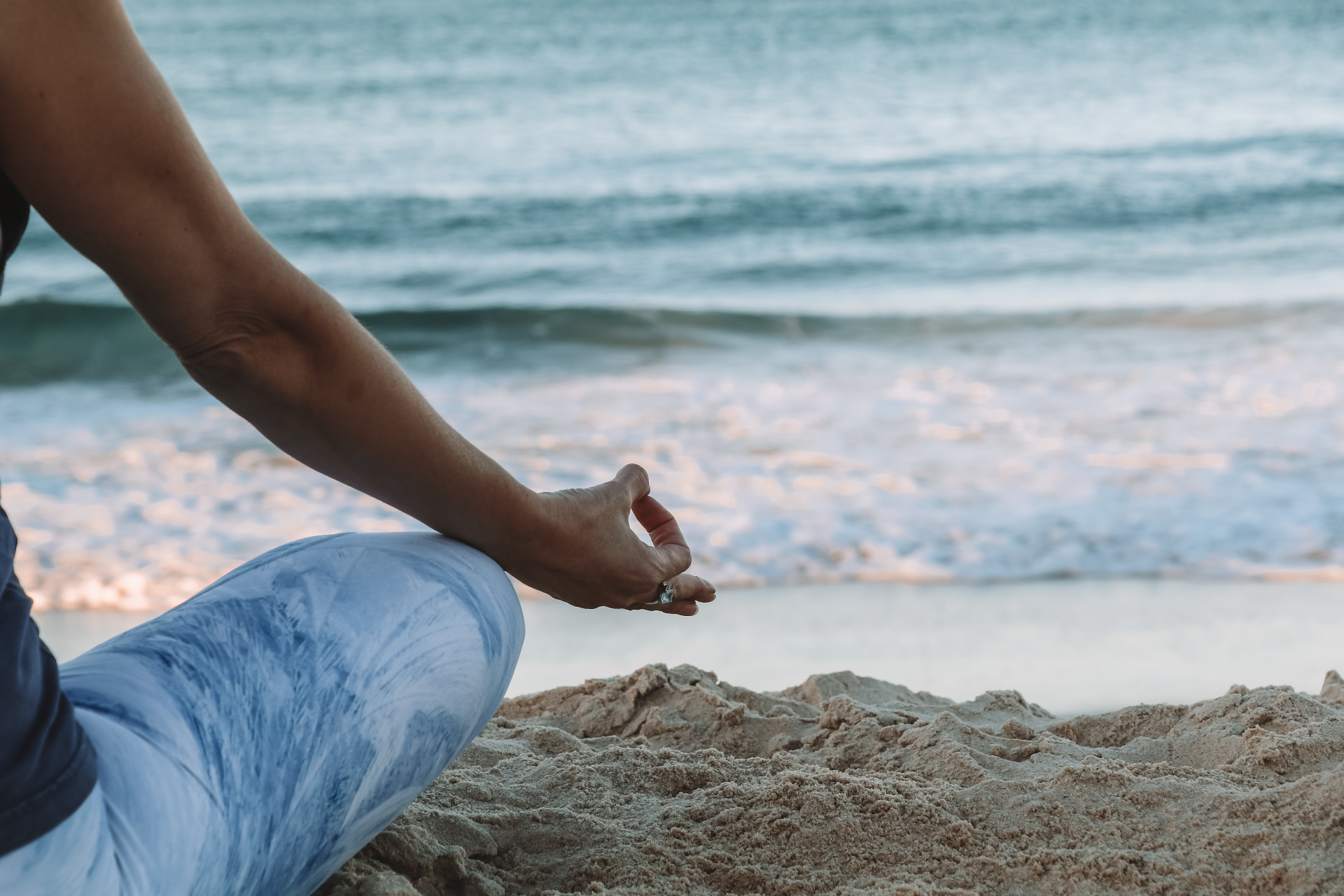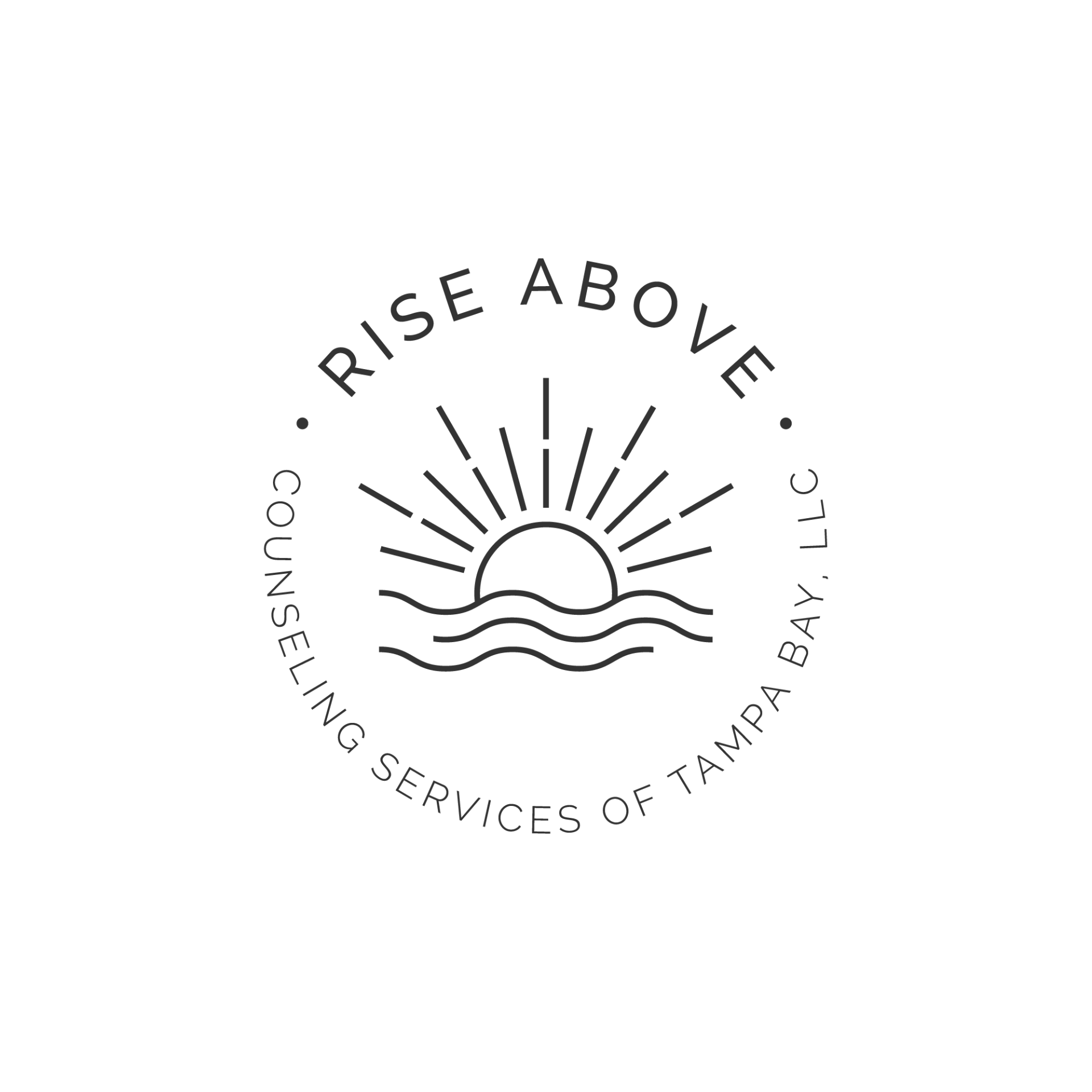Worried? Try Out One of These Coping Skills for Anxiety

While these practices don’t make your anxiety go away permanently, they can help you move through the feelings of restlessness, worry, edginess, and irratiblity. (Practicing coping skills for anxiety doesn’t substitute for an appointment with your therapist or doctor. If you need a professional, you should contact one.)
Gradual Muscle Relaxation
This technique involves flexing one muscle group, then slowly releasing the tension. Work from head to toes, muscle group by muscle group.
Breathing
Focus on the exhale. Breathe out all the air, then allow your lungs to naturally inhale. Spend a bit more time exhaling. Try this for 2-3 minutes.
Hand Tracing
Open one hand, as if you were to trace it on paper. With the other hand’s index finger, trace the opened hand. Trace at a slower pace. When your finger moves up a finger, breathe in. When it moves down a finger, breathe out.
Grounding Your Senses
Consider your immediate surroundings. Speak out loud or tell yourself silently 5 things you observe, one thing for each sense. For example, note that you observe blue sky (eyes), smell coffee (nose), feel soft fabric (touch), and so on.
Meditation
Give yourself permission to not “do” meditation perfectly. Let yourself breathe and be still. Apply a secondary coping skill from this list to help you settle into the meditation. Apps for meditation are handy. Some religious mediation videos on YouTube guide the newbie, too.
These coping skills for anxiety help you when you’re in a pinch–they can also be helpful to soothe feelings of panic. Like any technique, not every one works perfeclty for every person.

